Our Programs
Residential Services offer programming that is individualized to each client’s needs in areas not limited to coping skills development, opioid dependence treatment, relapse prevention education, family education, therapeutic recreational outings, basic life skills education, parenting classes, access to GED education classes, and vocational employment support. Individuals are supported and encouraged to become a part of the local recovery community through attendance at 12-step meetings.
During a stay with TCN’s Residential Treatment and Recovery Housing, residents can expect balanced meals to support their overall well-being and nutrition. TCN partners with local farmers to provide the freshest cuts of beef and locally grown vegetables. To support education and vocational employment skills, TCN offers access to computers which can be self-guided or supported by our Vocational Specialist to access basic online training and education courses, resume building, job searches, and much more.
Our Treatment Programs Include:
GED Education Assistance
Certified Anger Management Course
Certified Parenting Group
Family Education Group
Basic Life Skills Training
• Relapse Prevention Skills Relapse prevention skills are strategies and techniques used to maintain recovery from addiction, mental health disorders, or other behavioral issues by reducing the risk of returning to problematic behaviors or patterns. These skills are typically learned and practiced during therapy, support groups, or treatment programs and are designed to help individuals identify triggers, cope with cravings, manage stress, and navigate challenging situations without resorting to harmful behaviors.
• Budgeting Skills Budgeting skills refer to the ability to effectively manage one's finances by creating and following a budget. A budget is a financial plan that outlines income and expenses over a specific period, typically monthly or annually. Budgeting skills involve various tasks, strategies, and habits aimed at maximizing financial resources, minimizing expenses, and achieving financial goals.
• Therapeutic Recreational Outings Therapeutic Recreational Outings are typically weekly and include but are not limited to visits to local parks, hiking, visits to the Air Force museum, Recovery Paintball, Recovery Canoe Trips, and Rafting for Recovery.
• Coping Skills Coping skills are strategies and techniques that individuals use to manage and adapt to stressful situations, difficult emotions, or challenging circumstances. These skills are essential for maintaining emotional well-being and navigating life's ups and downs effectively. Coping skills can be learned and developed over time through various means, such as therapy, self-help resources, support groups, etc.
To make a referral to residential services, fill out the application HERE.
Residential Treatment
TCN is proud to operate Christopher House, a 16-bed facility where residents participate in a Substance Use/Dual Diagnosis Treatment Program based upon individual need. Potential clients may attend one of TCN's Walk-In Clinics where eligibility will be determined. Christopher House is open to males over the age of 18 who meet ASAM (American Society of Addiction Medicine) criteria, based on their assessment, for a high-intensity residential treatment program. We specialize in treating clients who have substance use disorder or dual disorders (substance use and mental health).
After Graduation
TCN has a specially-designed step down group for residential treatment graduates. Each client will undergo a gradual step-down in services, determined on an individual basis. Close monitoring of each client is provided to ensure stable employment, safe and supportive housing and a strong, sober support system within the community.
Recovery Housing
TCN recognizes the role that safe and supportive housing plays in the continued success in recovery for graduates of the program. TCN operates a number of different levels of Ohio Recovery Housing certified houses, from Level III to Level I, as gradual step-down options for safe, sober, and supportive housing for our residents. Residents can continue to participate in their step-down outpatient services while residing in our recovery housing. As residents progress in our housing levels, they have access to our vocational services to help with GED or other educational needs or desires, and/or job readiness skills to aid in obtaining employment. Our recovery housing has expanded to now include female clients (separate homes our males). Any client residing in a county under a TCN funding Board may seek referral to one of our recovery homes. Funding boards can be found at the bottom of this page and include Champaign, Greene, Logan, Miami, and Montgomery Counties.
Maintaining Recovery
TCN is pleased to offer additional services to help maintain recovery. Our 988 Suicide and 24-Hour Crisis Hotline are available 365 days a year. TCN offers 2 weekly SUN clinics intended to serve active adult clients, without a prior appointment, as their need arises.

